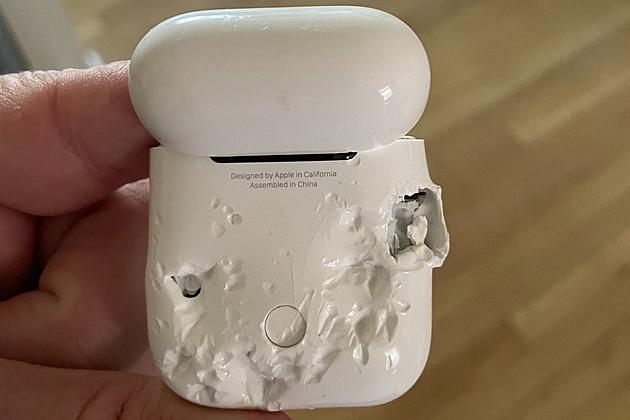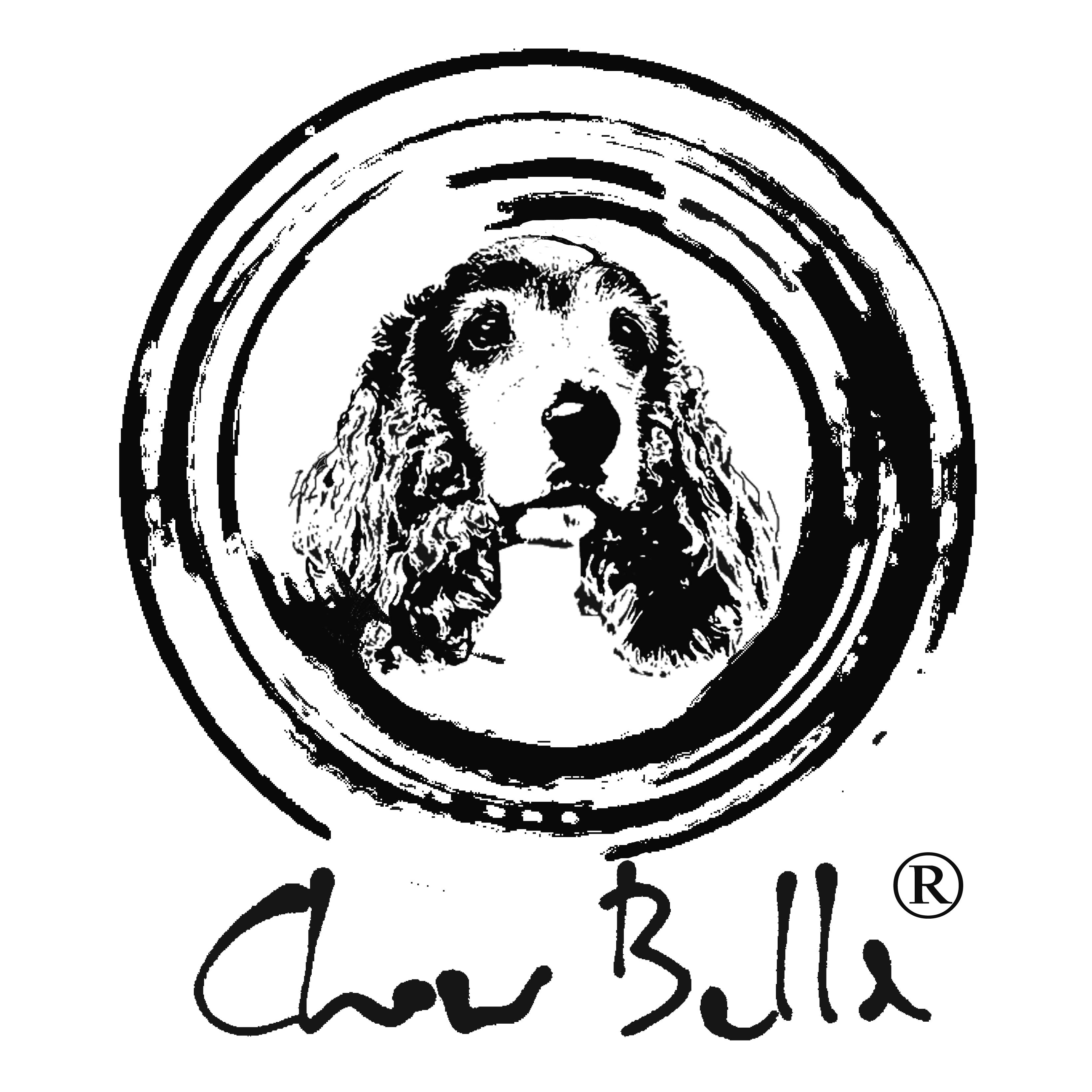
So you've found a breeder, the puppies have been born, you've been to pick yours, and now the waiting begins! In just a few weeks, this long awaited bundle of floof will be with you. What can you do in the meantime?
In this first part of our series on puppies, we will look at how to plan for bringing your puppy home.
Preparation is Key!
Puppy-proof your home. If you've ever been around very young children, you'll know that they like to pick up EVERYTHING. Puppies are no different, except that they use their mouths. They have very sharp little baby teeth (often called needle teeth, because that's what they feel like!).
Your puppy can and will explore everything he can with his mouth - this means chewing on things: books, wires, shoes, your phone, the contents of your handbag, the kitchen bin - you name it.
So think ahead: put yourself in your puppy's shoes and think what would you be able to reach? Our recommendation is that everything up to around 2-3ft off the ground is removed if possible.
Wrap cables in protective sleeves, clear low coffee tables, put shoes and bags away. You may also want to invest in a bottle of Bitter Apple spray which you can spray onto table and chair legs so that they don't get chewed.

Believe me - the more "stuff" you can get safely out of the way, the less stressful it will be. When I first had Bella, I learned this the hard way. She chewed through my iPod which was in a zipped up compartment in my bag, which I left on the floor in the hall for all of 10 mins.
Think about house training
Your puppy will have a tiny bladder and not very much control of it when he first arrives. Try and think beforehand about how you are going to handle house training. You might want to remove your favourite, expensive rugs, especially if they are cream coloured as urine can stain, and it won't be your puppy's fault if there are accidents - they can't always be helped.
Consider where you are going to let your puppy out to toilet - is it easy to get to and will you be able to quickly get your puppy outdoors?
This guide from the RSPCA will help you prepare for house training.
Consider Sleeping Arrangements
Where is your puppy going to sleep? It used to be common for people to shut their new puppy in the kitchen on their own overnight, but this can be absolutely terrifying for them. They have been taken away from their mum and their littermates, into a strange place, and what they need (and this is top of their list) is to feel safe. Consider buying a crate (so that puppy is safely enclosed - the crate must have enough space for your puppy to comfortably stand up, turn around and stretch out). You might want to place this next to your bed for the first couple of nights so that your puppy can smell and hear you, and knows that he's not on his own.
You can then gradually move the crate to its final position as your puppy starts to settle in and feel comfortable. But remember - he will be in a strange place at first and may feel anxious and scared.
Your breeder should provide you with a blanket that smells of his mum and litter, so give him this to sleep with, and you might want to tuck in a warm hot water bottle (in a safe cover) to mimic the warmth of his littermates.
We'll look at crates in more detail next time so for now, just think about what size you will need, and where you are going to fit it.
Book Time Off
You only get this time with your puppy once, and trust me, it's not to be missed! Book at least a week off to spend time settling him in and, importantly, bonding with him. All being well, you are going to have this little buddy in your life for 12-14 years, so start out right, get to know him, enjoy him while he's tiny, because it will be over really quickly! And most of all, remember to inhale the smell of that gorgeous, fat little puppy belly!
Think about daily life
Between the age of 8-12 weeks, your puppy's brain is like a big sponge, it will soak everything up nice and easily.
Of course there's a dilemma: you can't take your puppy for walks before he's had all his vaccines - usually at 12 weeks old.
At 12 weeks old, puppies enter a "fear stage", where if they encounter new things, they may be scared of them (unlike the 8-12 week stage, where they are more likely to take it in their stride).
So what can you do?
Well, you can carry your puppy around so that he experiences as much as possible of the things he's likely to face in his daily life.
If you live in a city, this will mean that he needs to get used to the sound of traffic, sirens, people who look different to you, and may need to get used to going on public transport as well.
You may want to take him to your local pub or cafe, or to wide open spaces, or dark woods.
Think about ALL the things you hope to be able to do with your dog - where will you go together? To get to your local walk will you need to walk along a busy road, or go in the car?
Think about all the types of people he may meet - people wearing hats, hi-vis jackets, motorbike helmets, carrying umbrellas.
During those first few weeks, you want to gradually introduce all of these things to him, either by carrying him around with you (you can even buy a puppy papoose!) so that he naturally comes across them, or by engineering them (eg if it's particularly dry weather, have a friend walk by with an umbrella or wearing a bright mac).
Dogs pay alot of attention to silhouettes of things and people, so someone wearing a big hat might look really scary (as if they have a giant head!).
So over the next couple of weeks, when you're out and about, take note of what you come across - road works, noisy lorries, the dustbin men. You might want to make a list of them so that you can make sure you slowly introduce your puppy to them.
Top Tip: If you need to introduce your puppy to loud noises like sirens, try and do it slowly. So don't go straight to a main road, but stay on the side roads, watch his reactions, take lots of treats with you to feed him, and talk to him in a nice, upbeat voice so he know there is nothing to be worried about. Puppies really vary in how they handle new sights and sounds and it's your responsibility to figure out what works for him.
Find a vet and a puppy class
Spend this time to research decent vets and puppy socialisation classes. Ask on your local Facebook Group for recommendations and then research them yourself. You might want to see if you can sit in on a puppy class to see what happens - is the instructor stepping in if the puppy play is getting a bit boisterous? Would you feel comfortable with your puppy being there? If not, go elsewhere.
Make a Shopping List!
You might want to start looking around for suitable bowls, toys and treats for your puppy. There is no need to go overboard (honestly just a couple of good quality toys is fine - puppies are quite happy playing with toilet roll inners as well as a £20 toy!). Check out Chow Bella's Puppy Hampers which have all the basics to get you started.
Come back next time for more tips on bringing your new puppy home.



